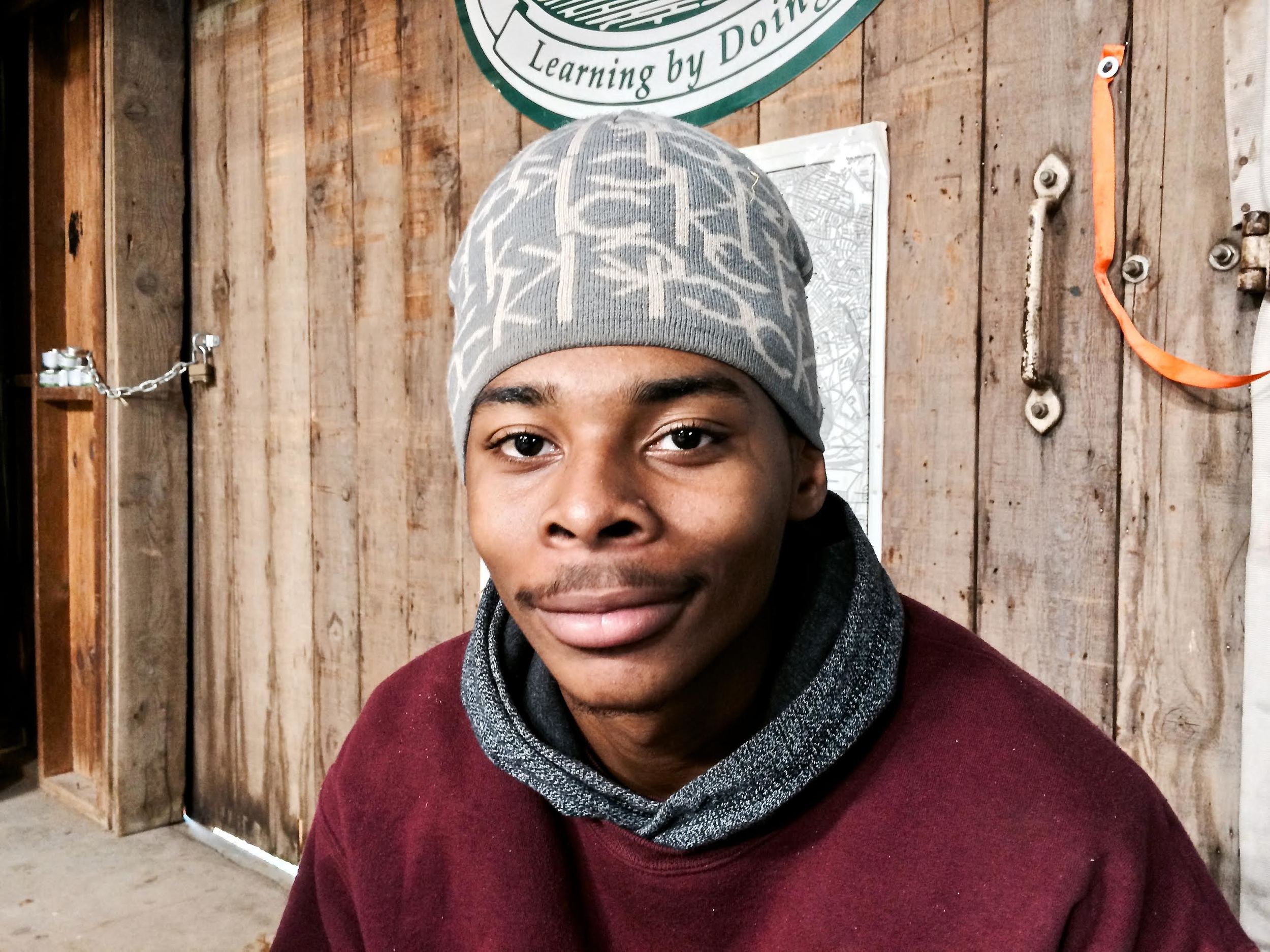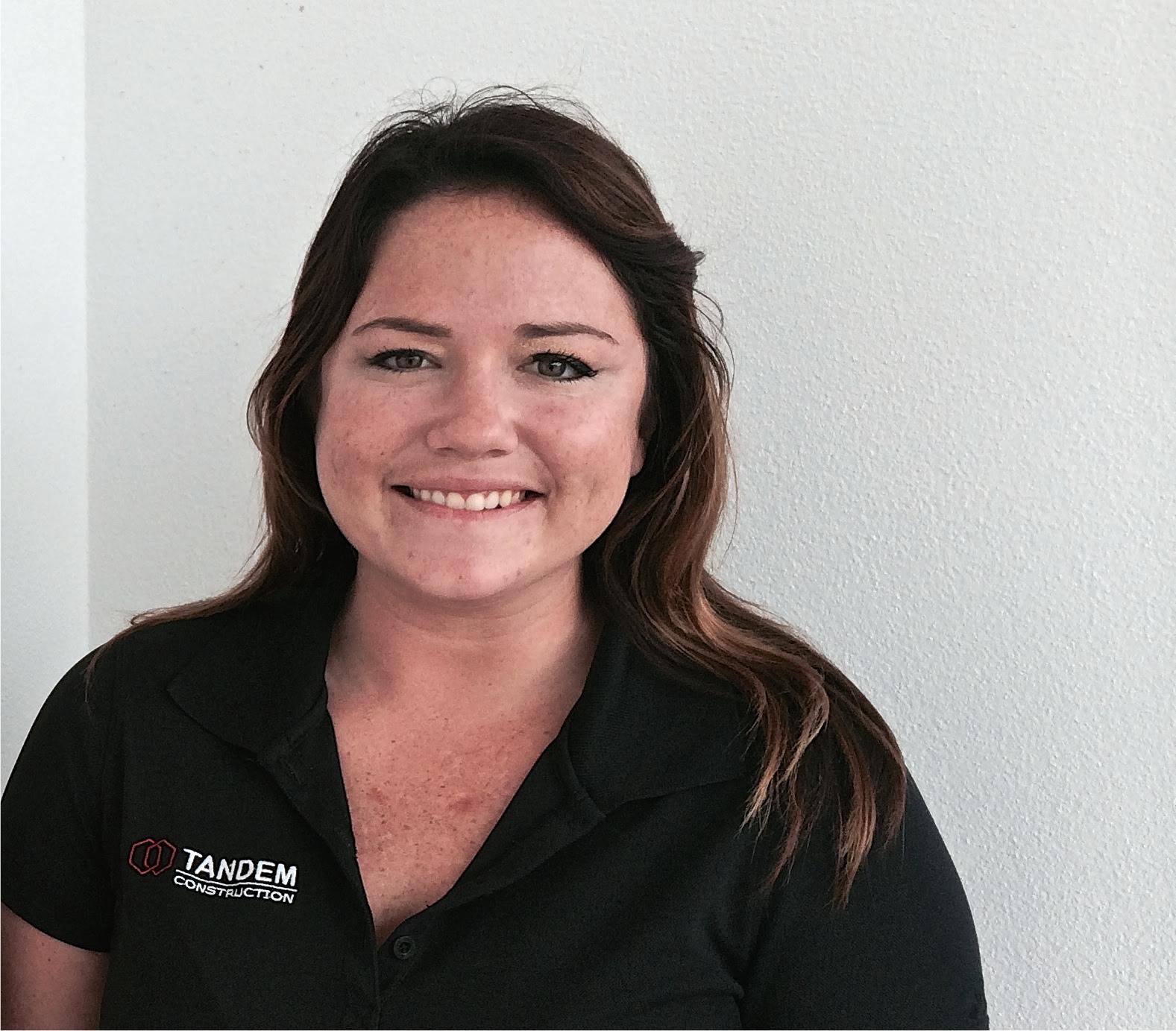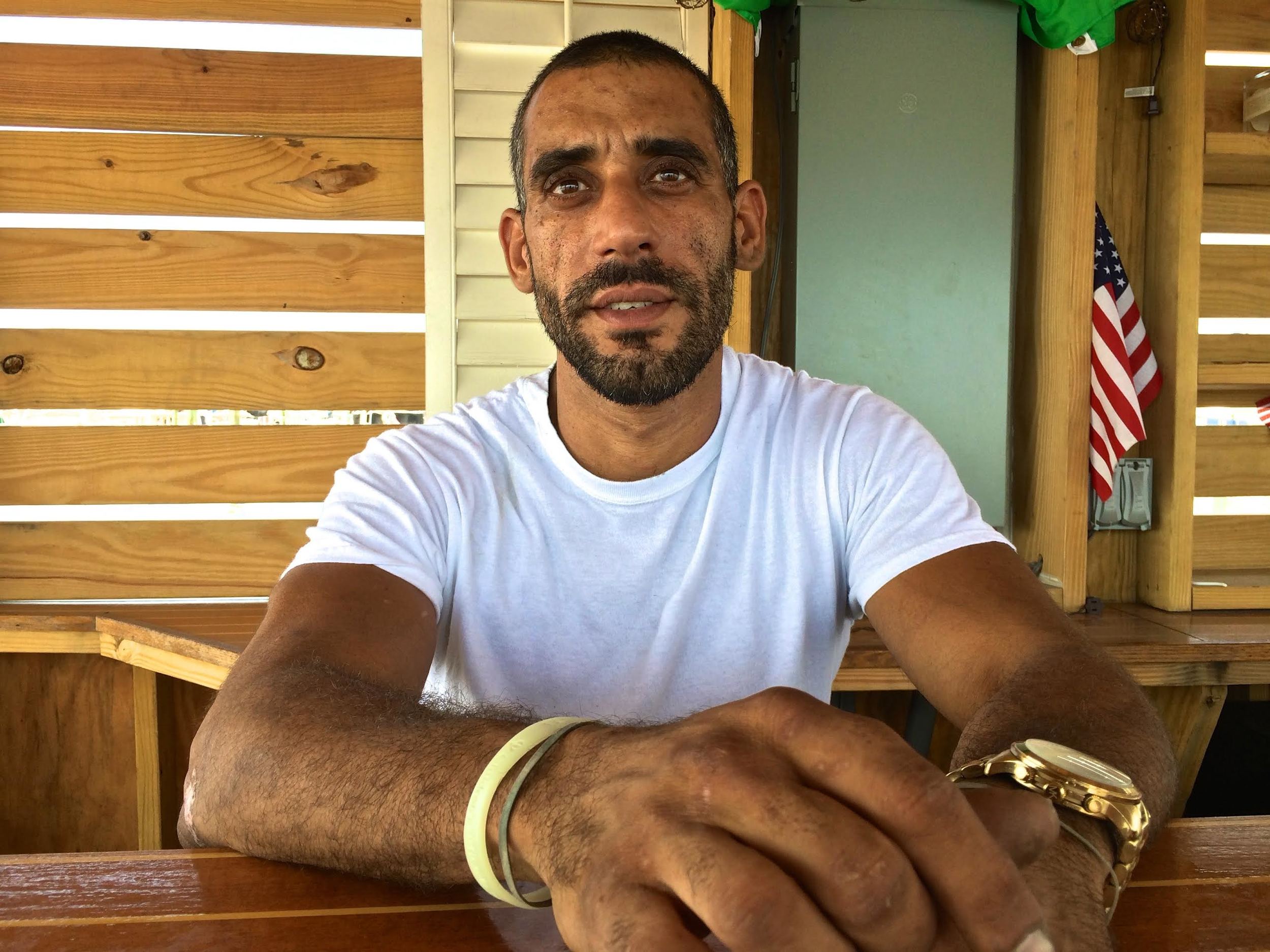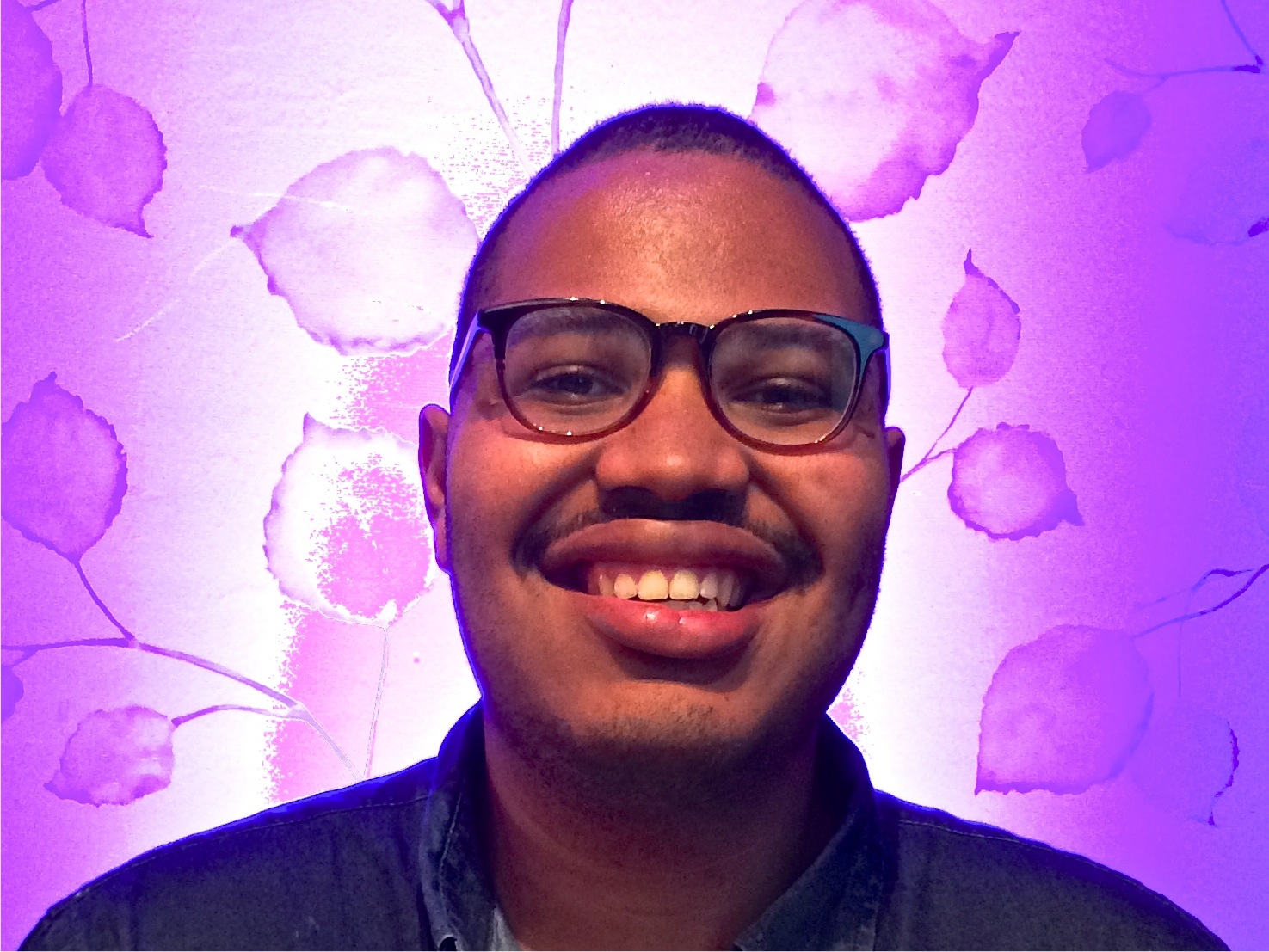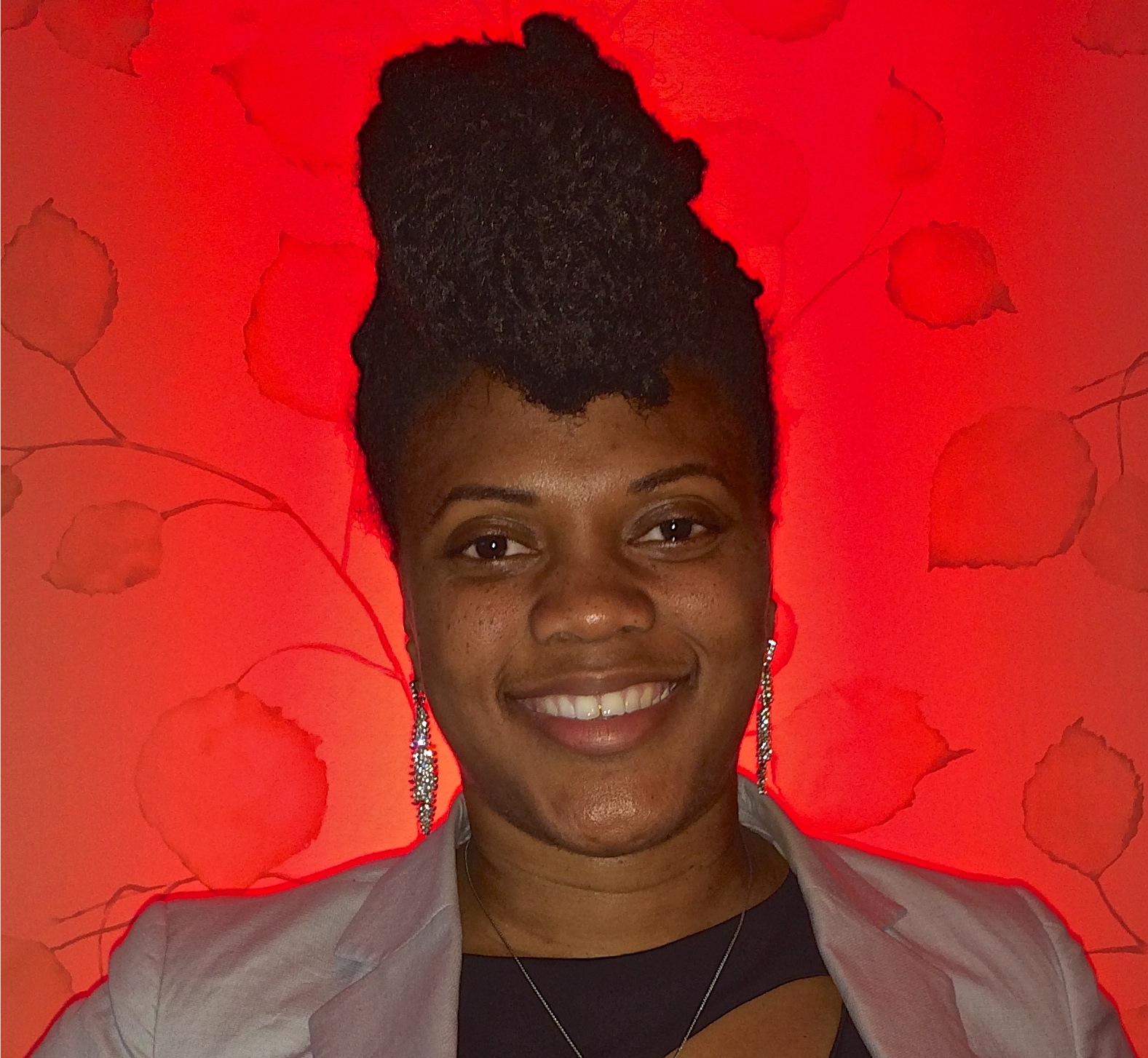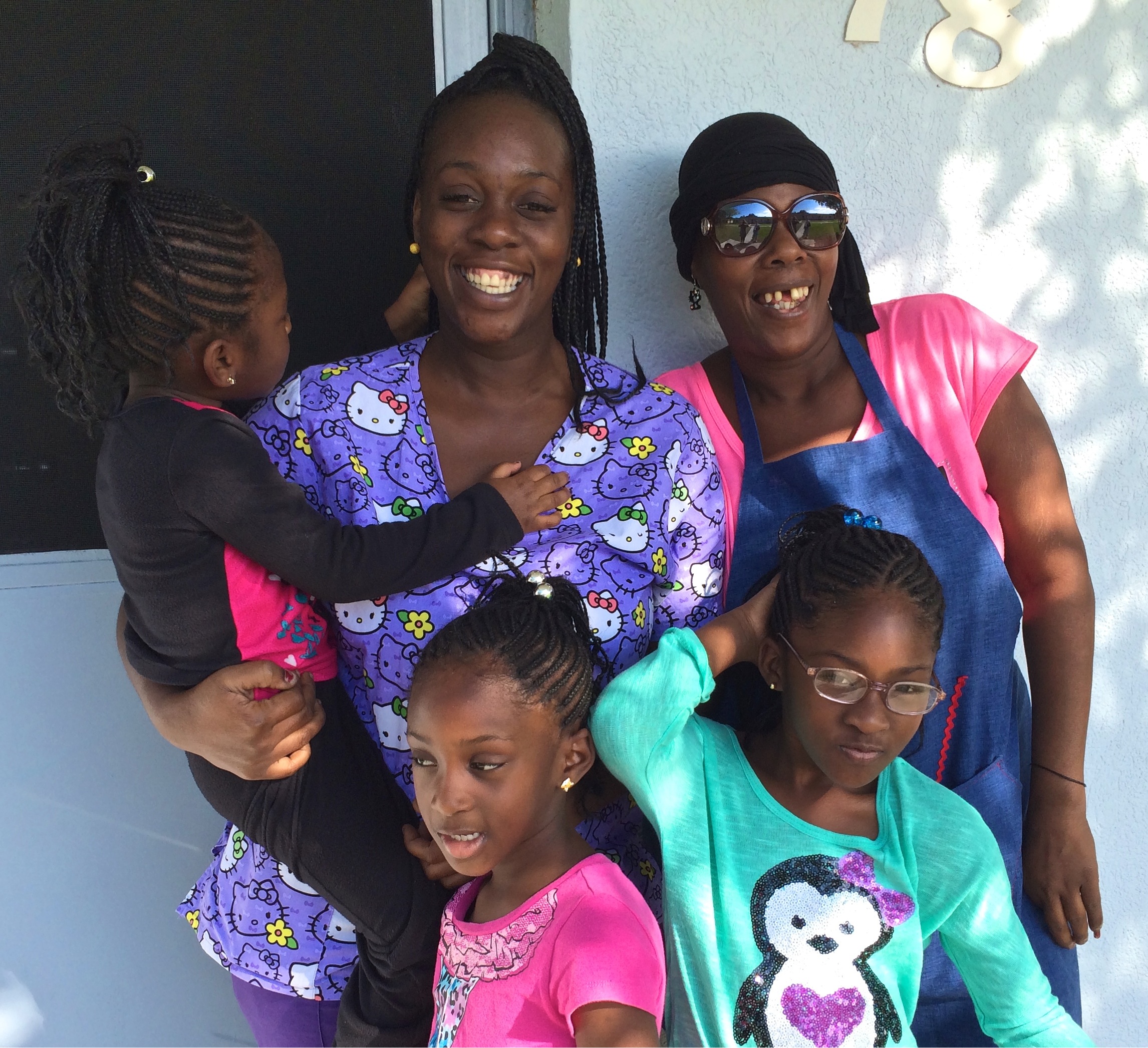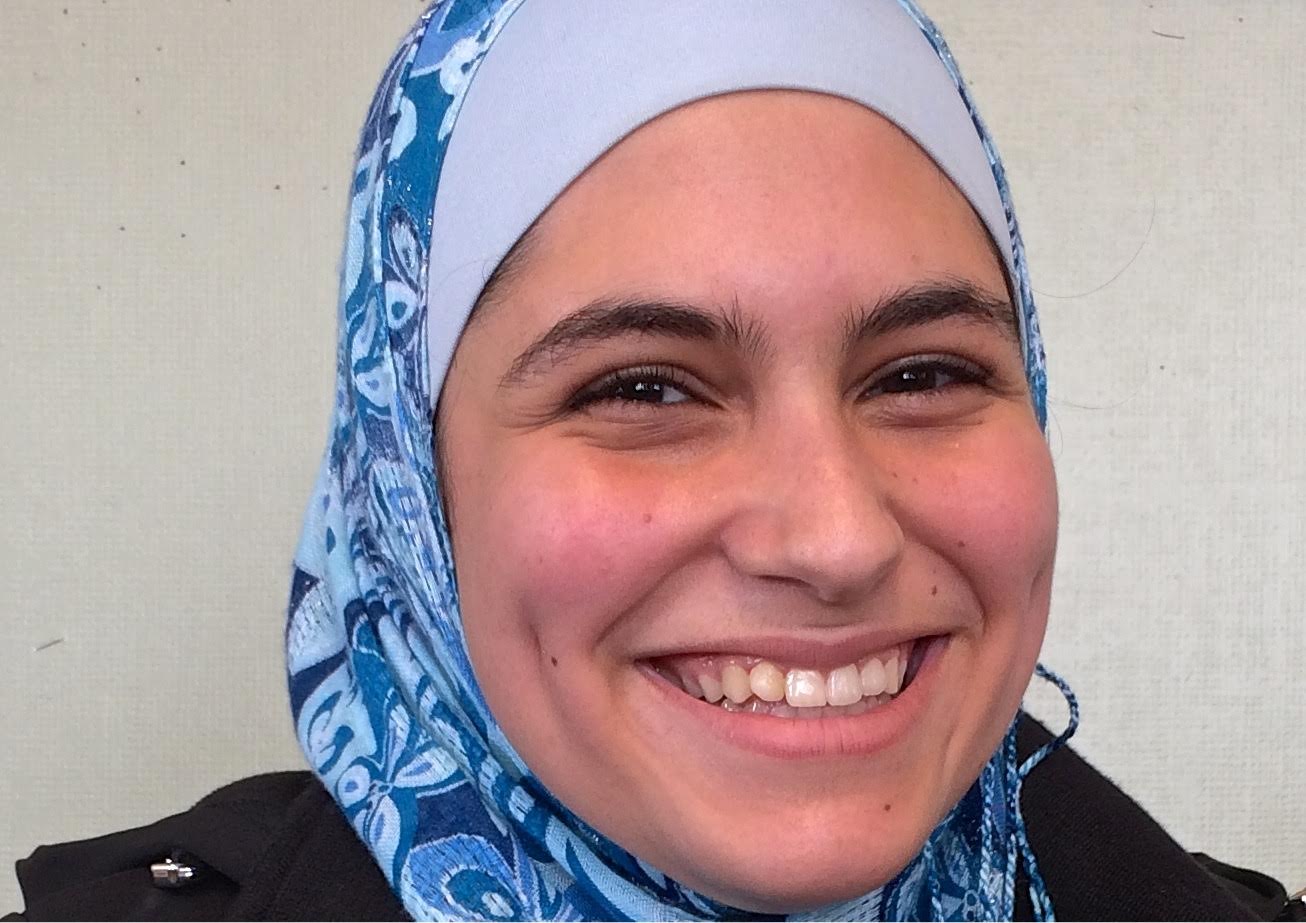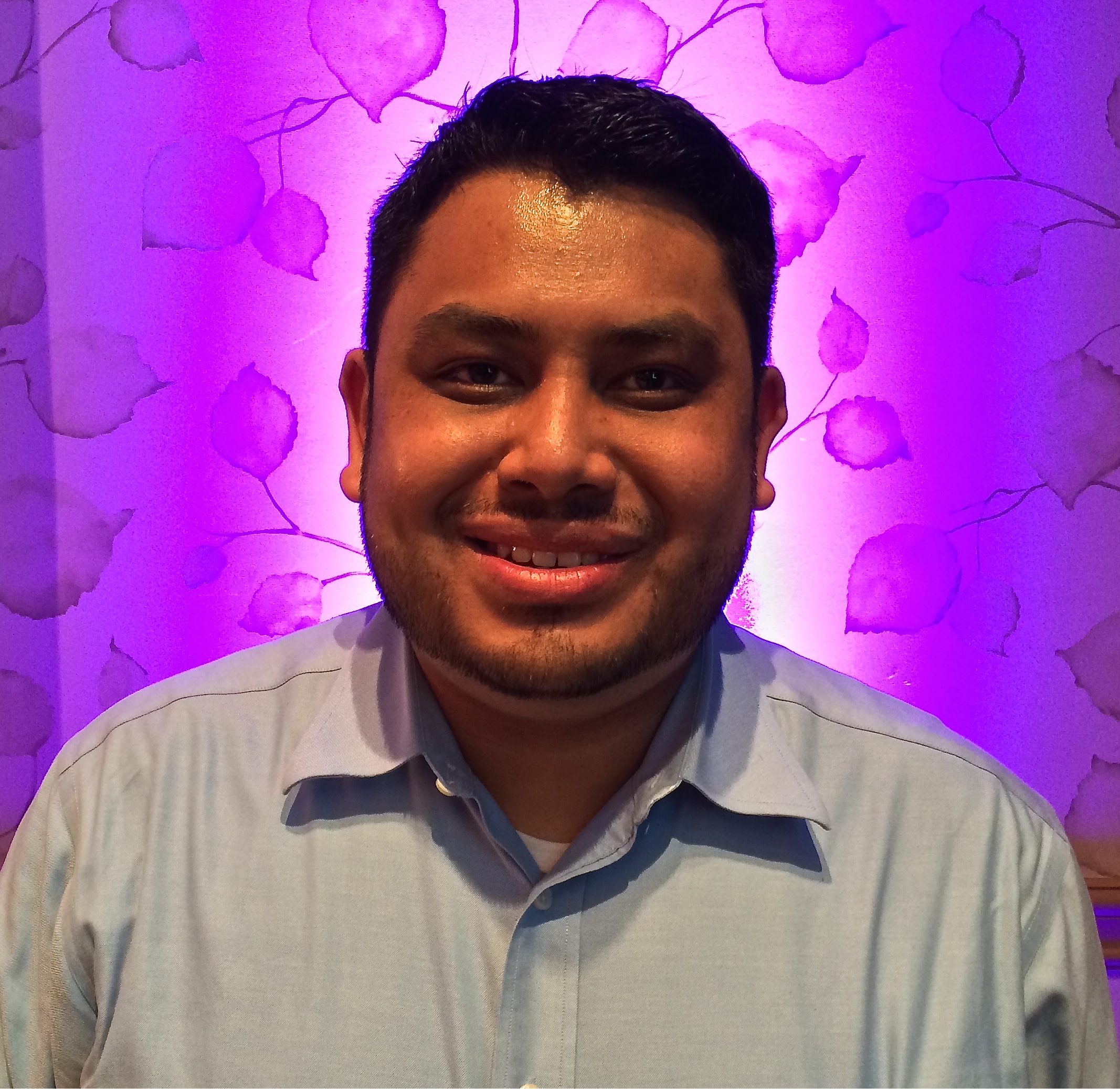TANYSHA CURRY, 28
SARASOTA, FLORIDA
Tanysha Curry and her daughters are one of 1.2 million American families living in the nation's public housing projects. Her mother conceived her at 13 years old, and by the time Curry was nine, she began her long and increasingly intense drug abuse, she got into fights, and was, by her account, extremely aggressive. A regular in juvenile court, she became inured. “When I left detention, I knew I’d be back. I’d wave to the other girls still inside and say ‘see you next time.’” She’s matter of fact about her history, and contends that nothing about it is extraordinary, adding that plenty of other kids from the projects get into this sort of trouble, or worse. Pointing to adult addicts in her housing project, she contends: “That’s what happens if you stay here your whole life. I don’t want that to be me.”
Searching for a way out, she took a seven week Red Cross certified nursing assistant course offered to parents at her children's school. "It's the first thing I have ever finished," she beams. The credential made Curry instantly employable, and opened her eyes to what’s possible, modularly. Working full-time (first as a health aide, now at a dialysis lab) and studying for her GED, she arranges her hours around her girls. To Curry, it’s about pure grit: she sleeps little, pushes away daily temptations and puts in as many hours as it takes. Her mom, burdened with her own troubles, comes over on occasion to watch the girls and to cook.
By design, everything for the Curry family is within reach. The most inspired anti-poverty funders and program directors know they cannot expect their beneficiaries to succeed without proximity or public transportation. Curry's tech job at the clinic, her children's school, even her GED program at a technical college, are within walking distance or a short bus ride away. Her new goal to become a registered nurse has captured the attention of a local foundation and Curry's new employer, both anxious to invest in her success. Together, they have pledged to pay for her nursing education, which requires a two-year associates degree or hospital-based training. Curry's looking forward to saving enough to afford rent in a safer environment for her family. "I never thought I could do this. But I am. And I am gonna do a lot more."


